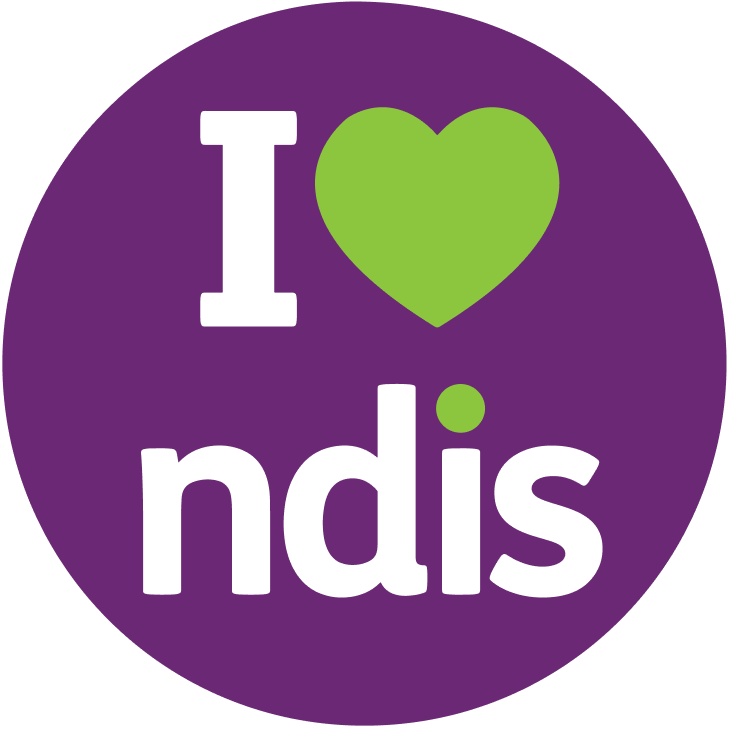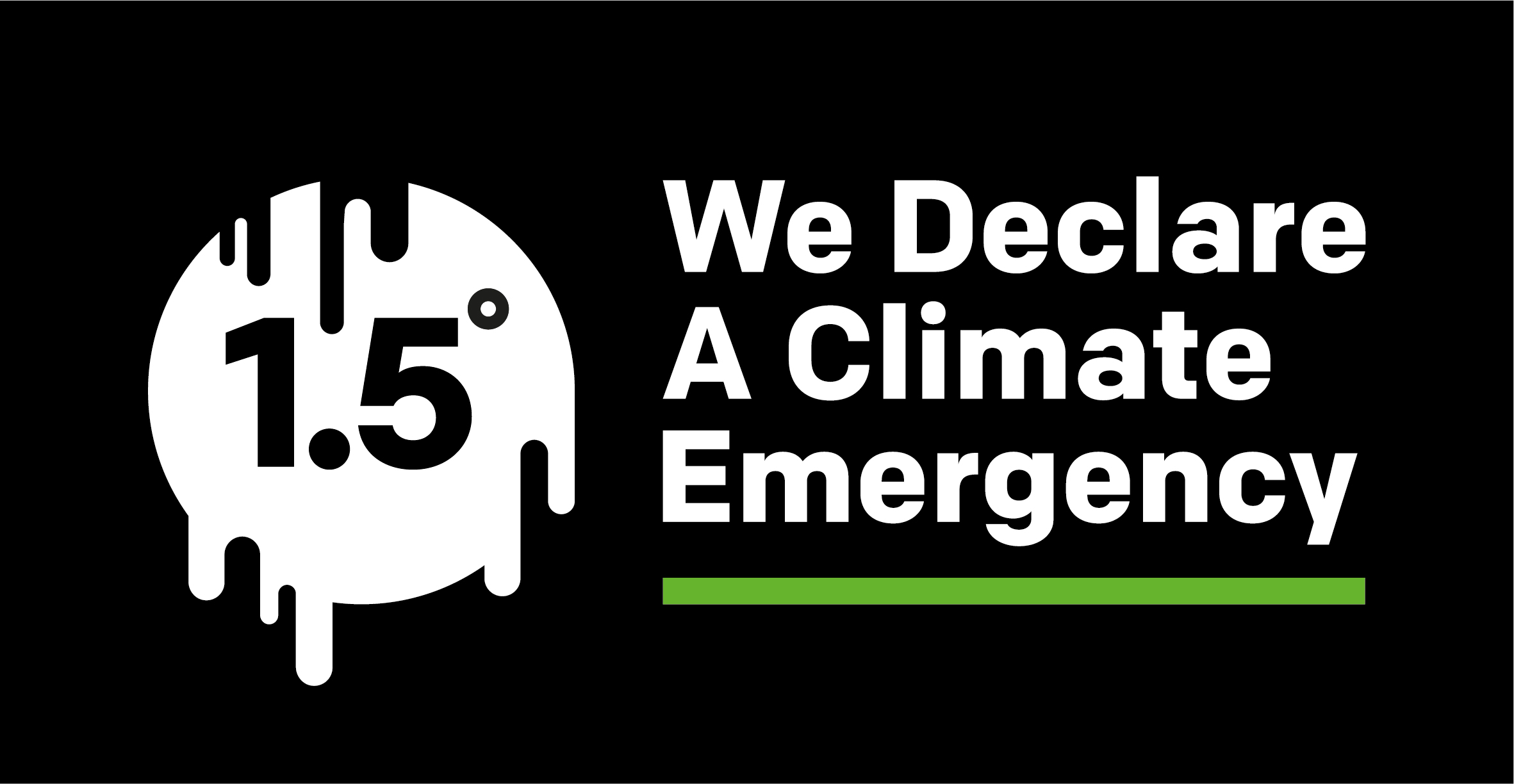Changes to sessions with your clients working as an allied health assistant
Minimum session length increase
From July 1st 2022, the minimum session length will increase from 1 hour to 1.5 hours. This means that any time you work with a client, the total time you’re working should be 1.5 hours. This includes Telehealth sessions.
Even though the minimum session length is 1.5 hours, for any session lasting 2 hours or less, Fora will be paying you for 2 hours at the FairWork Award rate.
Sessions longer than 2 hours long will be unaffected. Your pay rate will also remain the same.
The only exception to this is on a public holiday. The minimum session on a public holiday will be 2 hours at the FairWork Award rate.
What does this mean for AHA’s?
If you are currently having sessions with my client that are less than 1.5 hours long:
Starting from July 1st 2022, your client will be charged for a minimum of 1.5 hours and you will be paid for 2 hours of work. The pay rate for these shorter sessions has been altered, so please check out the new pay rate in the table below.
If you are currently having sessions with a client that are usually 1.5 hours long:
Starting from July 1st 2022, your client will still be charged for a 1.5 hour session, but you will be paid for 2 hours of work. The pay rate for these shorter sessions has been altered, so please check out the new pay rate in the table below.
If you are currently having sessions with a client that are 2 hours long or more:
From July 1st 2022, your client will be charged the same amount for sessions and you will be paid the same as you have been prior to July 1st 2022.
If your sessions with a client are usually between 1.5 and 2 hours long:
Your client will be charged for however long your session goes for, and you will be paid, at a minimum, for 2 hours work. The pay rate for these shorter sessions has been altered, so please check out the new pay rate in the table below.
Pay rate changes
Superannuation Guarantee (SG) percentage will increase from 10% to 10.5% on 1 July 2022
For sessions less than 2 hours long
| Day | Minimum pay per session | Minimum pay per session incl. superannuation |
|---|---|---|
| Weekdays | $60.80 | $67.18 |
| Saturday | $77.40 | $85.52 |
| Sunday | $99.60 | $110.05 |
Public Holidays: shifts on public holidays must be at least 2 hours long. Shifts shorter than 2 hours are not permitted.
Please note: For 1.5-hour sessions, note-writing time will now be included in the 2-hour minimum pay.
For sessions lasting 2 hours or more
| Day | Pay per hour | Pay per Note Taking | Minimum pay per session (incl. super) |
|---|---|---|---|
| Weekdays | $36.00 | $5.70 | $85.86 |
| Saturday | $49.00 | $5.70 | $114.59 |
| Sunday | $62.00 | $5.70 | $143.32 |
| Public Holiday | $65.00 | $5.70 | $149.95 |
What might this look like?
Capacity Building (under 1.5 hours)
Luke is a 5-year-old boy living with Autism who has goals related to communication and building morning routines. Luke sees Nat, his allied health assistant, twice per week, to either help out with his before school routine (as prescribed by his OT), or after school to help him practice the homework set by his speech pathologist. Usually, their sessions range from 1 hour to 1.5 hours long
Starting from July 1st 2022, Luke’s family will be billed for Nat’s services where the minimum session length is 1.5 hours. To compensate for this change, Nat agrees to spend a bit more time preparing for each session and creating resources she can use to better engage Luke. Keeping in mind the time it takes for Nat to travel to Luke’s house, altogether she is working for around 1.5 hours each time she sees Luke.
Nat is paid for 2 hours of work by Fora to match the SCHADS award set by Fairwork.
Capacity Building (2 hour sessions with siblings)
Ali and Mohammed are 7 and 5 years old respectively, and are seeing their allied health assistant Ting to help with their speech delay. Ting sees Ali first for a session lasting one hour, then immediately spends another hour with Mohammed.
Although Ting only spends an hour with each child, because Ting’s total time working is 2 hours (1 hour with each child), the change that comes into effect on July 1st 2022 doesn’t affect Ali and Mohammed’s family, and each child is billed only for 1-hour-long sessions.
Ting is paid for 2 hours of work by Fora in keeping with the SCHADS award set by Fairwork.
Core Support (no change)
Kota is a young boy living with Cerebral Palsy and sees Nathan twice per week to help Kota with community and social participation. They go to the movies, practise using public transport and try purchasing basic items like getting a coffee from the local cafe.
Although Nathan is an Occupational Therapy student, Kota engages Nathan more like a support worker in this case and uses funding from his Core Support budget.
Kota’s sessions already have a 2-hour minimum and as such, he is not affected by the changes that occur on July 1st 2022.
Capacity Building (Adult example)
Ethan is a 49 year old man with Motor Neurone Disease who has been prescribed an exercise program by his physiotherapist. He also has an allied health assistant Amara, who helps him practise these exercises twice per week. Usually their sessions would last 1 hour, as Ethan becomes quite tired around this time.
Due to this Fairwork change, Ethan needs to book Amara for 1.5 hours instead of their usual 1 hour. Ethan and his wife work with Fora to find the best way for Amara to make this most of this extra time, which ends up including Amara being compensated for her travel time and the time she takes to prepare for the sessions and write her notes.
Amara is paid for 2 hours of work by Fora to match the SCHADS award set by Fairwork.


